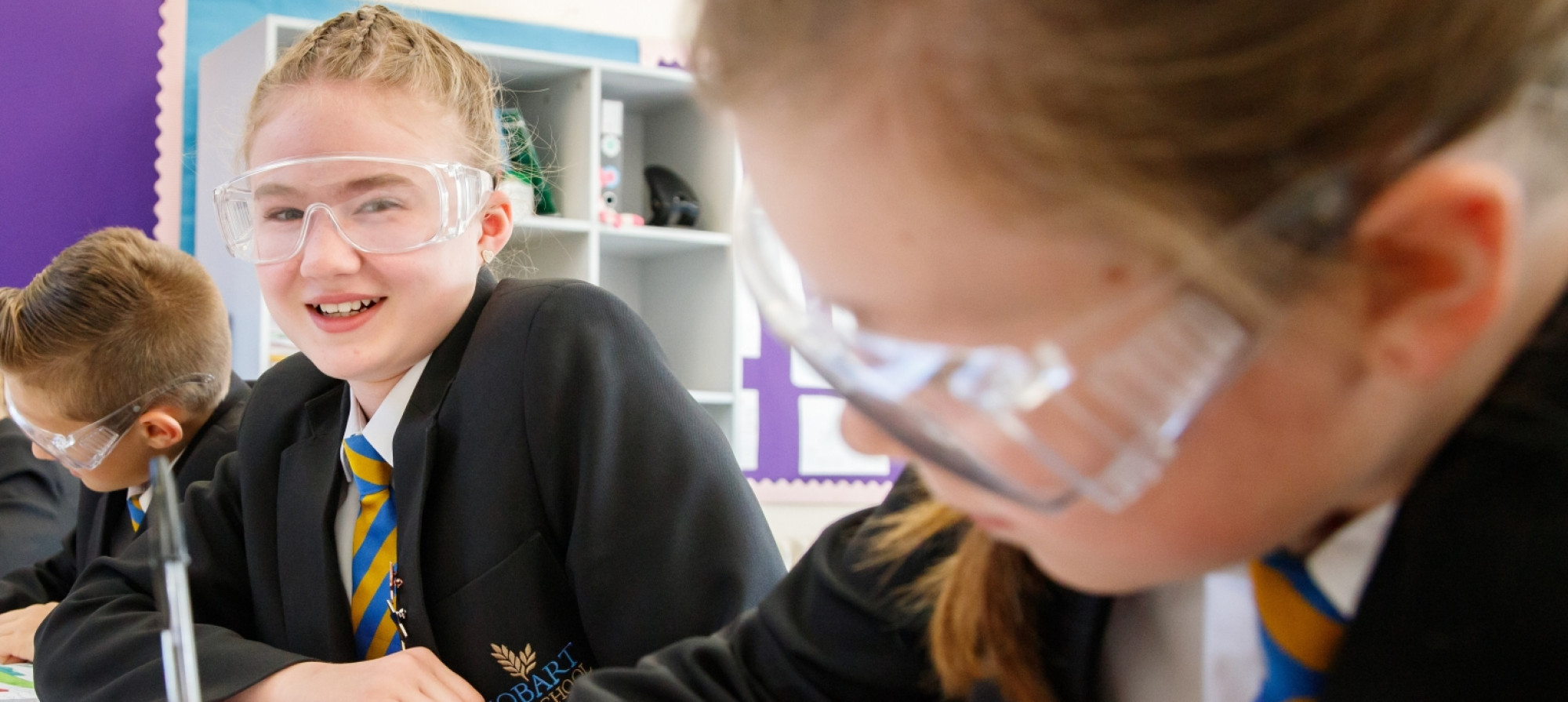History
Curriculum intent:
The history curriculum aims to encourage students to be inquisitive about events in the past both locally, nationally and internationally. It makes connections between historical events and provides students with opportunities to understand how these shaped the world we live in. The curriculum is carefully selected to give students a breadth of knowledge from a range of past societies, cultures and people. Our Key Stage Three curriculum:
- Introduces the historical concepts of change, continuity, cause, consequences, chronology, significance and interpretations.
- Uses a range of sources and interpretations to introduce students to a range of historical evidence and opinions.
- Offers the opportunities for students to practice and develop a range of written skills with a focus on description, explanation and analysis; these can then be transferred to GCSE questions at Key Stage Four.
- In constructed so that students can make links between topics that are covered; students are required to refer to prior learning to make sense of new topics.
- Includes historical events and people from a range of geographical locations and cultures to ensure that a ‘windows and mirrors’ curriculum is achieved. We want our students to see themselves reflected whilst also building empathy for the lived experience of others.
Key Stage Three curriculum:
Year 7 – Power and Monarchy
The units in this year allow students to look at the history of the English monarchy from the Battle of Hastings in 1066 to the Act of Union in 1707. Students will look at different Kings and Queens of England, the challenges they faced and how successfully these challenges were overcome.
Year 8 – Power and Conflict
The units in this year enable students to look at Britain’s place in the wider world including the formation of the British Empire, World War One and World War Two. Students will also be able to make sense of more recent conflicts by explaining the origins of the Cold War as well as conflicts between Israel and Palestine and Iraq and Afghanistan.
Year 9 – Power and the People
The units in this year enable students to understand the role that individuals and organisations have played in creating change in the world. We will focus on the abolition of the slave trade, the fall of the British Empire and how the rights of groups of people, including women, LGBTQ+, global majority and disabled people have changed over time. There will also be a unit on Holocaust.
GCSE History
We study the Edexcel History exam specification. Students will sit three exam at the end of Year 11. The topics we study are:
Paper 1 - Medicine in Britain c.1250 to present day. Autumn term Year 10.
In this unit you will discover the changes and continuities in medicine from the Middle Ages to modern day Britain. You will focus on the different ideas about how disease was caused and the different approaches to preventing and treating illness. Students will be asked to think about why changes have occurred and explain the impact of factors such as the government, religion, science, technology and war.
Paper 1 - The British Sector of the Western Front 1914-1918: injuries treatment and trenches. Spring term Year 10.
This unit is based on the historical environment of Flanders and Northern France during World War One. You will learn about the trench systems and how mines and tunnels were used. There will also be a focus on the types of injuries that soldiers had as well as how these were treated. This unit allows you to use a range of local and national sources to develop your understanding.
Paper 2 - Early Elizabethan England, 1558-1588. Spring and Summer term Year 10.
This unit allows you to discover about the key events in the early reign of one of our most famous and interesting monarchs: Elizabeth I. You will learn about plots and revolts against the young Queen, the Spanish Armada and the age of exploration. In this unit you will also focus on what it would have been like to live in Early Elizabethan England.
Paper 2 - The American West, c.1835 – 1895. Summer term Year 10 into Autumn Term Year 11.
This unit tells the story of the clash of culture between the white Americans and the Plains Indians. It focuses on the expansion westwards by the white Americans and how this completely alters the lifestyle and culture of the Native Americans.
Paper 3 - The USA, 1954-1975: conflict at home and abroad. Autumn and Spring Year 11.
This modern depth study firstly focuses on the treatment of black Americans in the 1950s and 60s. You will learn about the civil rights movement and the importance of key individuals, including Martin Luther King and Malcolm X, as well as the role of the government, including President Kennedy. The second part of the unit focuses on the USA’s involvement in the Vietnam War. You will learn about the reasons why the USA went to fight in Vietnam, the tactics of the two sides and the protest movement in the USA.
| Contact details |
|---|
|
Mrs L. Nethersell-Webb Head of Humanities |
| GCSE Exam Board |
| Exam board – Edexcel History B |






